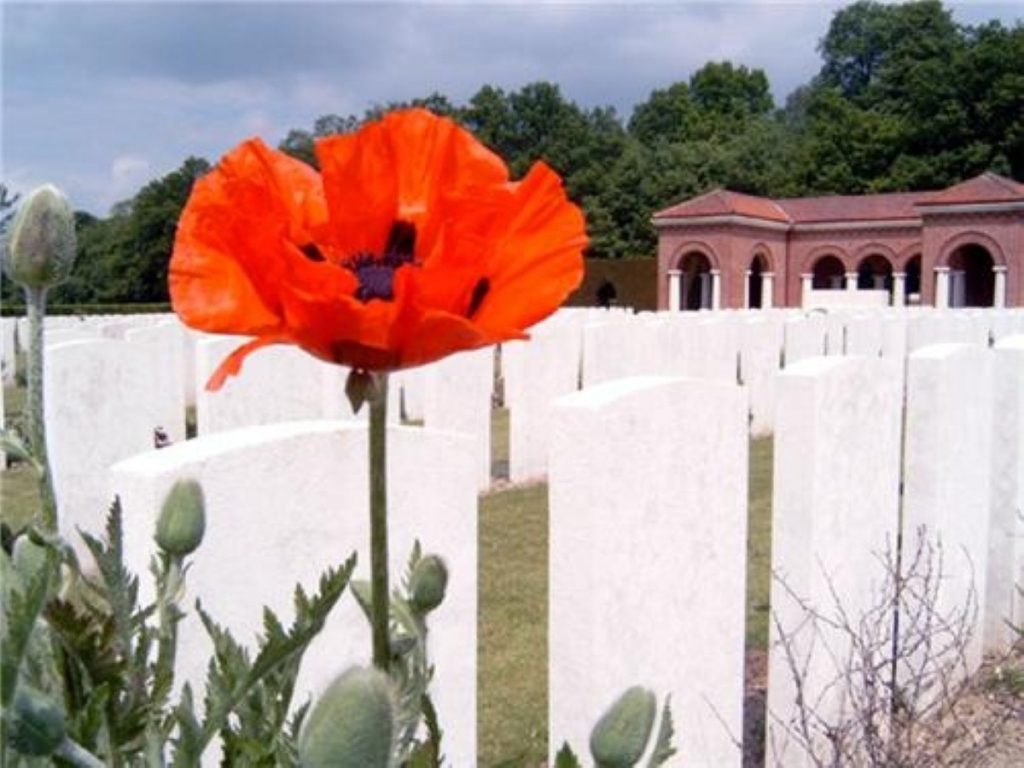WWI soldiers shot for cowardice set for pardon
More than 300 soldiers shot for cowardice and desertion during the first world war should be pardoned, the defence secretary has announced.
This includes private Harry Farr, who was shot by firing squad in October 1916 for refusing to return to fight with the 1st Battalion West Yorkshire Regiment.
He had fought on the first day of the battle of the Somme, when 20,000 British soldiers were killed, and spent five months in hospital suffering from shell shock.
Pte Farr’s family has led the campaign for pardons for all 306 soldiers executed for military offences during the first world war, and last night his daughter welcomed said the news was “like a dream”.


“I am so relieved that this ordeal is now over and I can be content knowing that my father’s memory is intact,” said Gertrude Harris, now aged 93.
“I have always argued that my father’s refusal to rejoin the frontline, described in the court martial as resulting from cowardice, was in fact the result of shellshock, and I believe that many other soldiers suffered from this, not just my father.”
A succession of ministers had refused appeals for pardons – John Major rejected an attempt in 1993 and five years later, then armed forces minister John Reid said the grounds for a blanket legal pardon on the basis of unsafe conviction “just do not exist”.
However, last night the current defence secretary said the families of the dead soldiers have had to “endure a stigma for decades”, which made pardons not only a legal issue but also a moral one.
Des Browne said there was not enough evidence to assess each of the 306 cases individually and as such, he will table amendments to the armed forces bill currently going through parliament to seek official pardons for all the men.
“Although this is a historical matter, I am conscious of how the families of these men feel today. They have had to endure a stigma for decades. That makes this a moral issue too, and having reviewed it, I believe it is appropriate to seek a statutory pardon,” he said.
He added: “I believe a group pardon, approved by parliament, is the best way to deal with this. After 90 years, the evidence just doesn’t exist to assess all the cases individually.
“I do not want to second guess the decisions made by commanders in the field, who were doing their best to apply the rules and standards of the time.
“But the circumstances were terrible, and I believe it is better to acknowledge that injustices were clearly done in some cases, even if we cannot say which – and to acknowledge that all these men were victims of war.”

